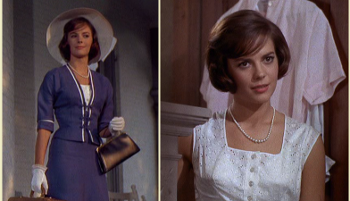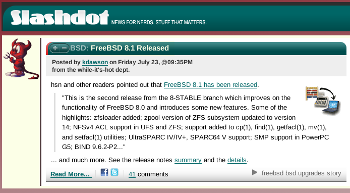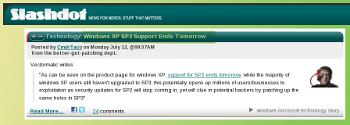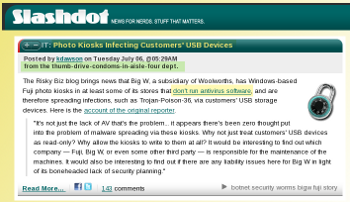It's always interesting to watch movies from earlier eras, just to see how well they hold up over time if nothing else. We just watched the
Elia Kazan's 1961 movie
Splendor in the Grass. The movie is set in time at the height of the first stock market bubble/bust cycle, 1928-1929. The preacher warns early on,
Lay not up for yourselves treasures on earth, where moth and rust does corrupt, and where thieves break through and steal:
The audience knows that trouble is ahead for companies that get caught up in the bubble, like "Stamper Oil." Money buys friends and influence- as long as you have it. What looks like a sure thing today, is wiped out tomorrow. It's a good backdrop for the main story about high school sweethearts. The audience knows that 1929 is coming for the Stamper fortune, but will it be the same fate for the young lovers? This film portrays the pressures of this time of life. Their personal choices set the direction for the rest of their lives.
The film is notable because of the personal choices that director Elia Kazan made in his own life. His choice was to name-names during the
red scare. That allowed him to continue working in Hollywood, and free to work with "A-list" talent. The flip side choice, to remain silent or to not appear, was not rewarded. A lot of great actors and directors, such as
Jules Dassin faced the blacklist and exile. Kazan's choice really casts a pall over his entire body of work. It is especially noticable with the anti-union sentiments that are part of
On the Waterfront. That picture suffers a lot more than
Splendor in the Grass. Here, the great performances, especially from Natalie Wood, will stand the test of time. It is truly great and overcomes the negative points assigned to Kazan.
 .
.I don't know how Natalie Wood did not win the best actress oscar for that year. Perhaps, there was a split vote between her and Audrey Hepburn; or perhaps, the audience wasn't ready for a non-happily ever after resolution. Still, this may be the best female performance of the entire 1960's decade. Any other nominations?
 .
. .
. headline.
headline. that page. Note: this was a followup to story which appeared in National Geographic, here.
that page. Note: this was a followup to story which appeared in National Geographic, here.
 .
. headline.
headline.
 headline.
headline.